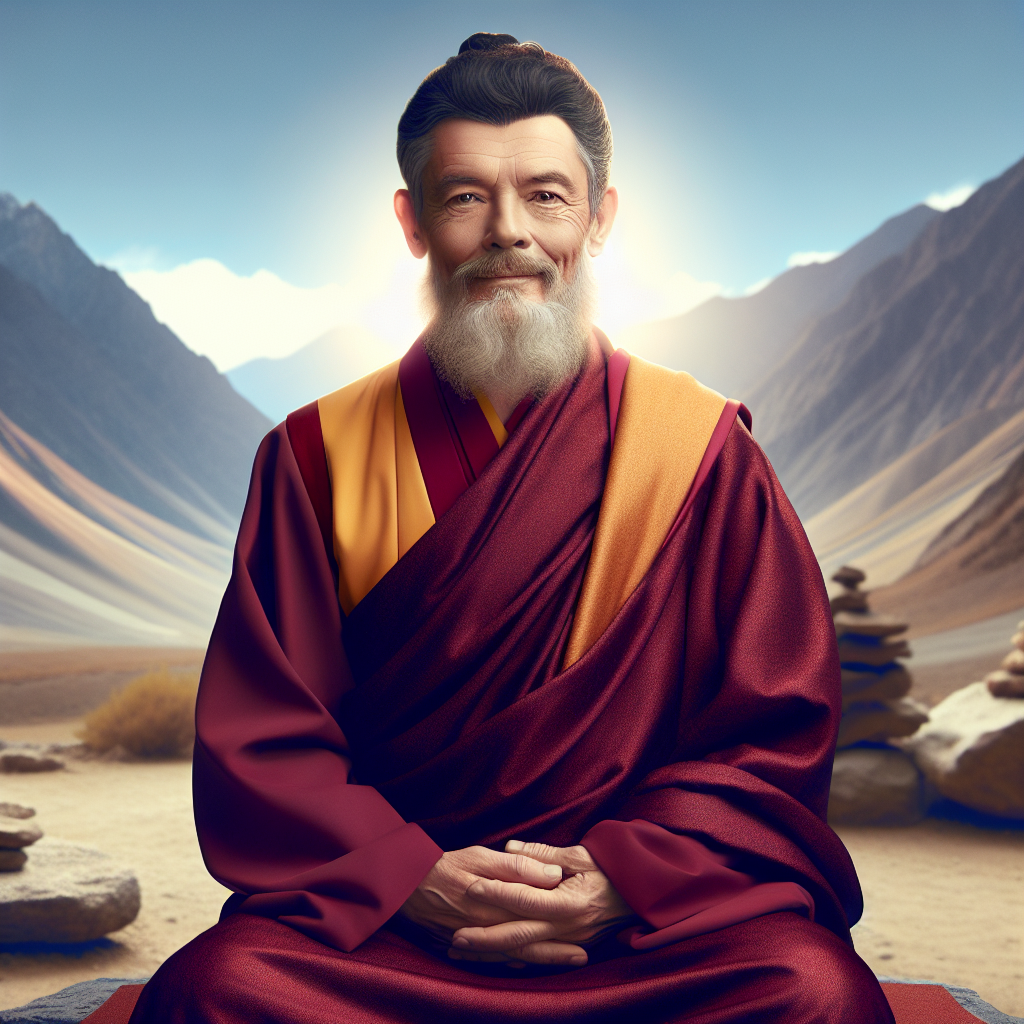The Next Dalai Lama: A Spiritual and Geopolitical Puzzle
The selection of the Dalai Lama's successor has global implications, involving religious tradition and geopolitical tensions. While Tibetan customs dictate reincarnation, China claims rights to approve the successor, making it a politically charged issue. India and the U.S. also play key roles regarding Tibetan autonomy and influence.

The issue of choosing the Dalai Lama's successor isn't just a religious concern; it's a geopolitical chess piece involving China, India, and the United States. The current Dalai Lama, turning 90, has indicated his successor will be born outside of China, challenging Beijing's historical claims.
Traditionally, Dalai Lamas are reincarnated Tibetan monks, identified in childhood. However, the Dalai Lama has suggested a possible alternative, hinting he might train a successor before his death—a plan that, if executed, would bypass China's influence over the process.
While China seeks to control the selection, proclaiming a centuries-old right, India and the U.S. steadfastly support Tibetan autonomy. Both nations are wary of China's dominance, promising to uphold Tibetans' human rights—and thereby keep the political maze surrounding the Dalai Lama's succession alive.
(With inputs from agencies.)
- READ MORE ON:
- Dalai Lama
- succession
- Tibet
- China
- India
- United States
- geopolitics
- reincarnation
- autonomy
- spiritual
ALSO READ
Group Captain Shubhanshu Shukla's Stellar Journey: Indian Delicacies in Space
India's First Astronaut at ISS Optimistic About Gaganyaan
Prime Minister Modi and Astronaut Shubhanshu Shukla Chart India's Celestial Aspirations
India Rebuts Blame in Waziristan Attack
Debate Stirred Over 'Socialist' and 'Secular' in Indian Constitution










